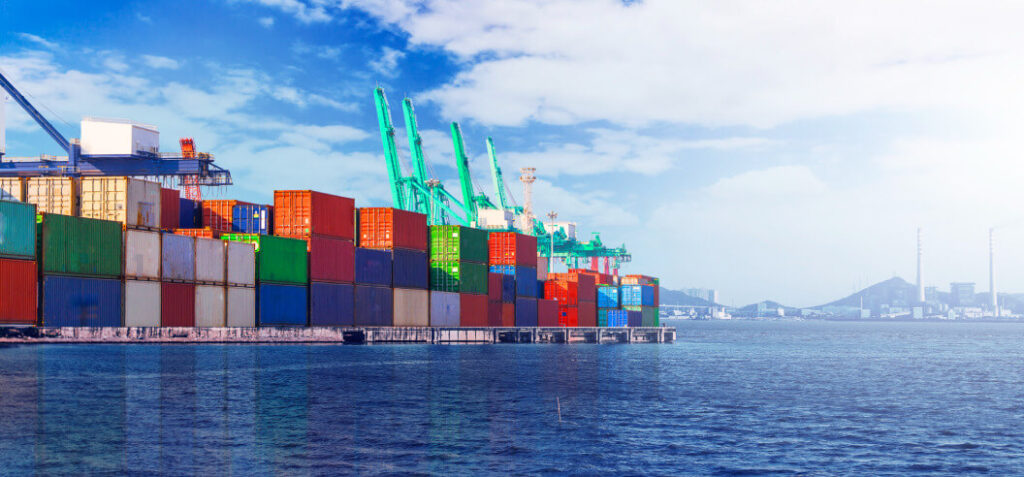We Are Here To Help You Navigate Trade Regulations Seamlessly
Get Access To Advanced Trade Compliance Software Solutions


Let’s explore some of the most frequently asked questions and address some common misconceptions regarding Panama Compliance.
Panama compliance refers to the adherence to the regulations and documentation requirements set by Panama Customs and the Panama Canal Authority for cargo shipments entering or transiting through Panama.
Compliance with Panama’s customs regulations ensures smooth processing of shipments, prevents delays, avoids penalties, and facilitates the efficient transit of goods through the Panama Canal.
Cargo shipments to Panama typically require a Bill of Lading, commercial invoice, packing list, and any specific permits or certificates for restricted or hazardous cargo.
Cargo compliance in Panama is regulated by Panama Customs and the Panama Canal Authority, with support from the Ministry of Commerce and Industries for trade-related matters.
Penalties for non-compliance include fines, shipment delays, denial of entry, and potential suspension of transit rights through the Panama Canal.
Artemus’ Panama B2B software solution integrates with the Panama Canal B2B Gateway, simplifying cargo compliance by automating vessel visit information submission, reducing data entry, and ensuring timely submission to Panama Customs.
Cargo declarations must typically be submitted before the vessel enters Panama’s territorial waters or before the cargo is unloaded at port, ensuring compliance with Panama Customs regulations.
Yes, hazardous or restricted cargo requires additional documentation, safety certificates, and adherence to specific regulatory requirements as defined by Panama Customs and international standards.
ACI plays a critical role in Panama compliance by requiring the submission of cargo details before arrival, allowing Panama Customs to assess the risk and ensure timely clearance of goods.
Yes, Panama has specific exemptions for diplomatic shipments, personal goods, and cargo under certain free trade agreements, which may simplify the compliance process.
Panama Customs ensures compliance for transshipment cargo by monitoring transit movements and requiring cargo information submission at the point of entry or transfer, using the Panama Canal B2B system for tracking.
Yes, Panama requires electronic submission of cargo information through EDI (Electronic Data Interchange) for streamlined customs clearance and regulatory compliance.
Key trade agreements include the Panama-US Trade Promotion Agreement (TPA) and the Central America-Dominican Republic Free Trade Agreement (CAFTA-DR), which influence import/export compliance and tariff structures.
While customs brokerage is not mandatory for all shipments, it is highly recommended for ensuring compliance with Panama Customs regulations, particularly for complex or high-value cargo.
Cargo status can be checked through the Panama Canal B2B Gateway or Panama Customs’ online portal, which provides real-time updates on cargo movements and clearance status.
Yes, Panama imposes various taxes and duties on imported goods, including value-added tax (VAT), customs duties, and other fees based on the product type and trade agreements in place.
